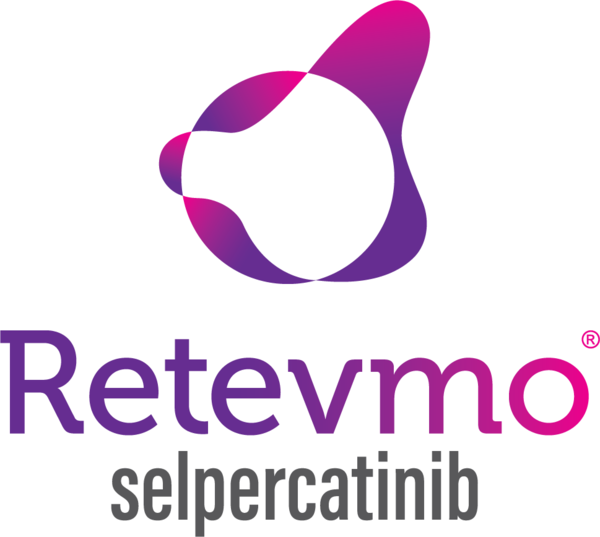Lilly Korea is again pursuing reimbursement for Retevmo (selpercatinib), the only RET inhibitor in Korea. Industry insiders are watching with interest to see if this will bring positive news to Korean cancer patients waiting for insurance coverage.

Retevmo is a targeted anticancer drug for treating patients with advanced solid tumors who are RET fusion-positive. RET (rearranged during transfection) is a gene that makes a protein that plays a vital role in cell growth and differentiation and the development of nerve cells in the body.
In March 2022, the Ministry of Food and Drug Safety (MFDS) approved it in Korea for treating patients with non-small cell lung cancer (NSCLC), medullary thyroid cancer, and thyroid cancer. However, nearly three years after its introduction, it remains an uninsured drug.
In May last year, the MFDS revoked its approval of the competitor drug Gavreto (pralsetinib), leaving Retevmo as the only RET inhibitor in the country. Roche's global rights to Gavreto were returned to the original developer, Blueprint Medicines Corp., and the drug was withdrawn from the Korean market.
The withdrawal of Gavreto created a crisis of lack of treatment options for Korean patients in need of RET inhibitors, leaving Retevmo as the only alternative, further increasing its clinical value.
As a result, patients have become increasingly vocal about their need for access to Retevmo. In August last year, a petition calling for Retevmo to be covered by health insurance was posted on a national petition board and garnered over 10,000 signatures.
“It's hard to afford the medicine and hospital bills with a salary of a wage earner,” the petitioner said, noting that Retevmo costs about 7.5 million won ($5,104) per month. “It's too bad that patients can't get proper treatment due to the expensive medicine, even though there is a good treatment.”
Lilly Korea has tried to make Retevmo reimbursable twice, but both attempts were unsuccessful.
The second attempt in 2023 passed the Pharmaceutical Reimbursement Evaluation Committee in May and went as far as negotiating a price with the National Health Insurance Service, but negotiations broke down.
Lilly plans to apply for reimbursement for all three indications of Retevmo.
Although Retevmo was approved based on early clinical trial data (response rate and duration of response) and has faced challenges in proving its efficacy and economic evaluation at each reimbursement review, the company has recently updated its phase 3 results in lung and thyroid cancer, as well as early clinical long-term survival (OS) data.
Industry insiders expect Retevmo's reimbursement application to be submitted in the first quarter of this year. If all goes well, a decision on reimbursement could be made as early as the end of this year or early next year.

